Sustainable Hill Agriculture: An Overview
Agriculture is the predominant livelihood activity in hills. In India this region is spearhead over an area of 53.8 million ha, which is inhabited by 33.7 million people of who more than 90% live in rural setup. Agriculture is much more important for hills economy as scope for industrializations limited due to topographical constraints and environmental concerns. There are vast forests, pastures, grazing lands, miscellaneous groves and trees, much higher rainfall, moderate temperate and intensive natural vegetation which add lot of organic matter every year to soils. Naturally the fertility of soils in hills is comparatively high as compared to plain areas. Hills also have a comparatively advantage of niche over plains for production of the off-season vegetables; hi value vegetable seeds sub temperate and temperate fruits like apple, almond, kiwi etc., medicinal plants and other high value cash crops. However sustaining productivity in the hills is a major challenge. Sustainability is the ability of a system and its sub systems to maintain a certain well-defined level of performance or output over time. Sustainable agriculture development thus implies the management of resources including land, labour, capital, technology and water. The hills have limited cultivated land across the Indian Himalayas. Their economy is largely dependent upon agricultural crops, horticulture and livestock rearing. Farming in hills assumes greater significance in comparison to lowlands for reasons of fragility of environment. Agriculture is an important of all farming systems in the hills.
Get it now and save 10%
BECOME A MEMBER
-
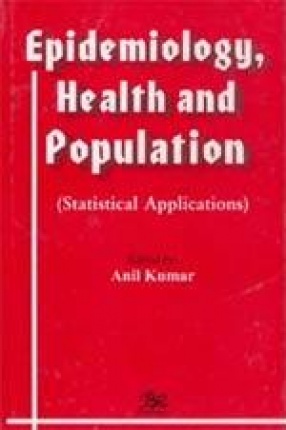
Epidemiology, Health and Population: Statistical Applications
-

Ecological Carnage in the Himalaya
-

Labour Welfare and Social Security: Awareness, Implementation and Utility of Labour Laws
-

Women Entrepreneurship in India
-

Science Communication: The Scholarly Medium
-
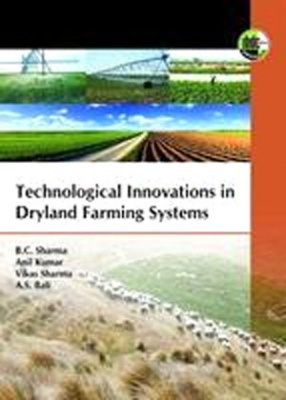
Technological Innovations in Dryland Farming Systems
-
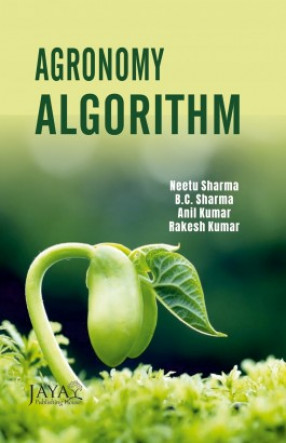
Agronomy Algorithm
-

Treatment of History in Indian English Novels
-

Perspectives of American Literature
-

Manual of English Literature
-
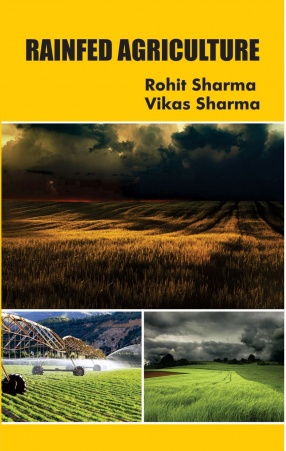
Rainfed Agriculture

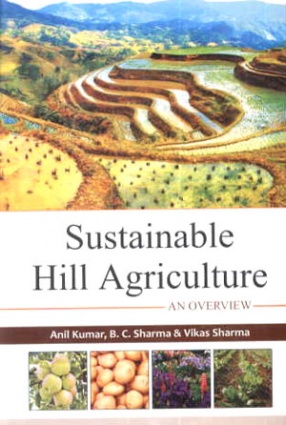
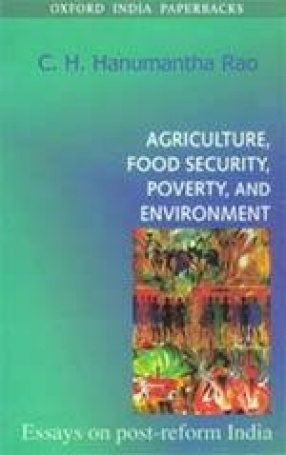
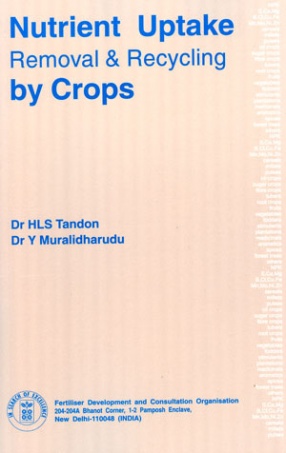

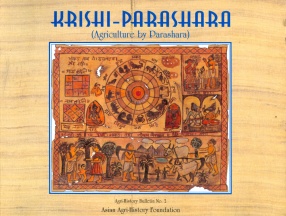

Bibliographic information
B C Sharma
Vikas Sharma